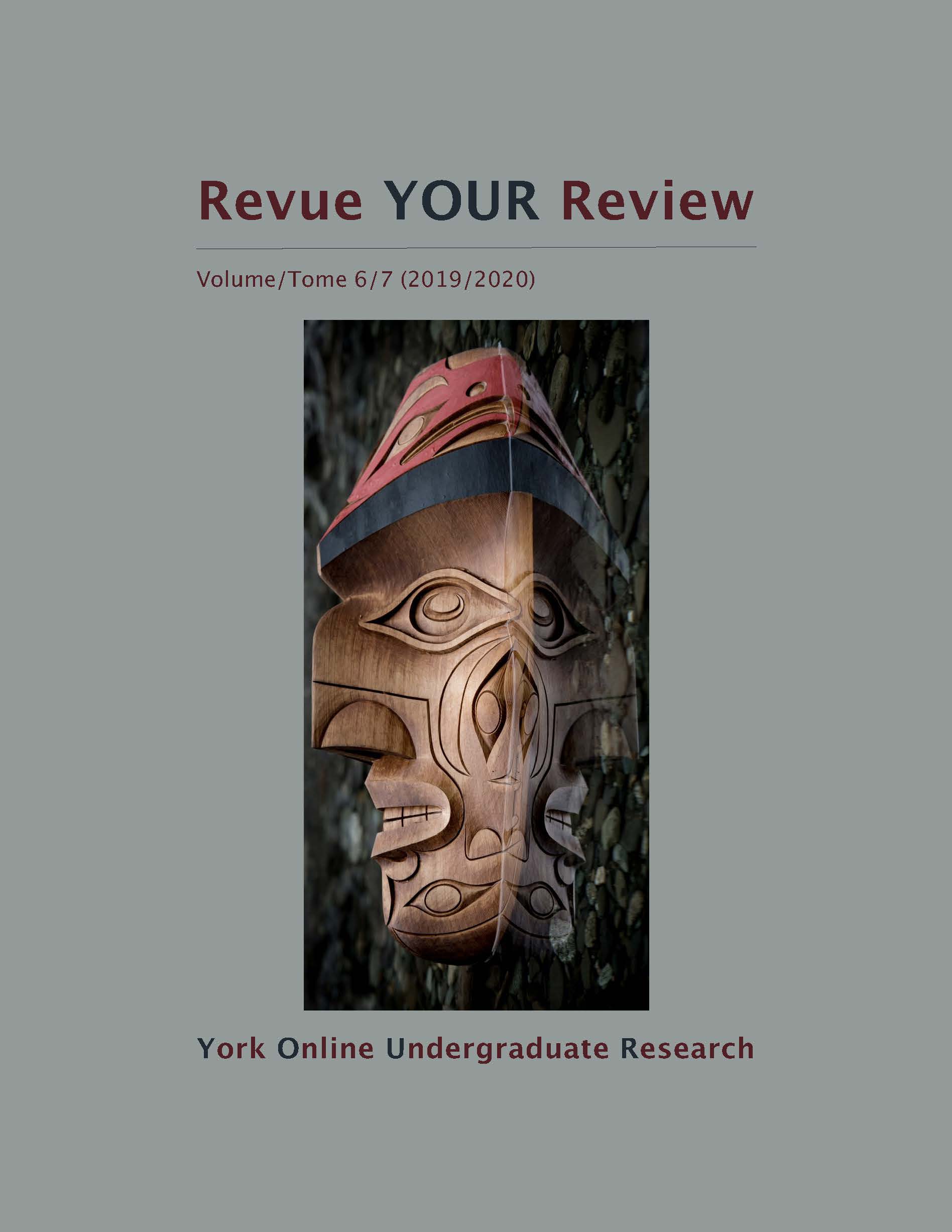Group Dynamics: An Observational Case Study in Group Behaviour
Résumé
Group dynamics encompass a system of complex interactions and behaviours influenced by social norms and individual motives. This study analyzes three key areas of group behaviour: formation, structure, and conflict. These areas are explored through a comparative approach, juxtaposing in-class group experiences with relevant peer-reviewed literature. The study of group behaviour, a popular topic in scholarly literature, has versatile applicability, including understanding group decision-making and facilitating teamwork. However, what remains unknown is the generalizability of research findings. This observational case study of group behaviour shows the development of structure and norms by an in-class group. The in-class group, consisting of four members, met weekly to work on a variety of academic tasks over 12 weeks for a Behaviour in Groups course at York University (Toronto, Canada). Both the psychology literature and the in-class group experiences reveal that group formation, structure, and conflict resolution are all dynamic processes, and that challenges and conflicts are inevitable. The findings of this observational study present support for previous research on social influences, group developmental stages, and the negative impact of group members’ conflicting perceptions of task conflict on task performance.
Téléchargements
Publié-e
Comment citer
Numéro
Rubrique
Licence
LicenceLes auteurs qui contribuent à la Revue YOUR Review acceptent de publier leurs articles selon une des trois catégories de la licence 4.0 : Creative Commons Attribution 4.0 International; Creative Commons Attribution-Pas d'Utilisation Commerciale 4.0 International; ou Creative Commons Attribution-Pas de Modification 4.0 International. Tout contenu éditorial de ce site ainsi que les affiches et les résumés sont sous la licence Creative Commons Attribution-Pas de Modification 4.0 International. Pour plus d’informations, veuillez voir :
https://creativecommons.org/licenses/
Dans tous les cas, les auteurs conservent leurs droits d’auteurs et concèdent à la Revue YOUR Review le droit de première publication. Les auteurs peuvent, par la suite, conclure d’autres accords de distribution non exclusifs de la version publiée dans ce périodique (par exemple, l’afficher à un dépôt institutionnel ou le publier dans un livre ou dans un autre périodique) à condition que la reconnaissance fasse mention de la publication originale dans la Revue YOUR Review.


